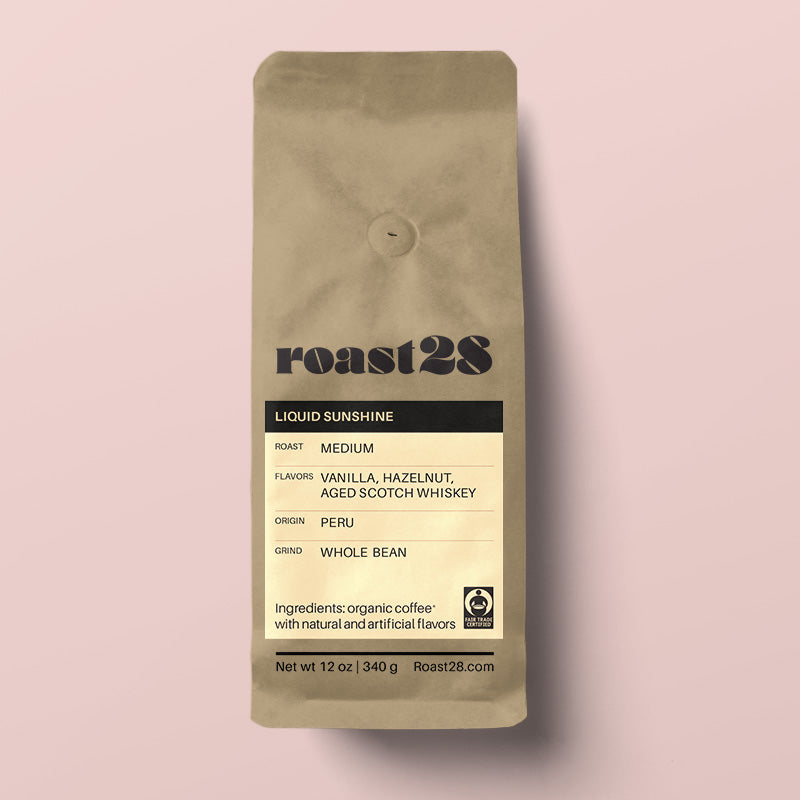Coffee farmers face numerous challenges, including market volatility, climate change, and the high cost of conventional farming inputs. Switching to organic methods, such as those used for organic dark roast beans, can mitigate some of these issues. By reducing reliance on expensive pesticides and fertilizers, farmers can lower their operational costs and enhance soil health.

Reducing exposure to chemicals
Certified organic blends not only appeal to health-conscious consumers but also support sustainable agriculture practices. When farmers adhere to USDA Organic standards, they contribute to environmental conservation and reduce exposure to harmful chemicals. This shift also opens up new markets, potentially increasing a farmer's income through access to premium pricing structures.

Improving income stability
The transition to eco-friendly coffee options involves significant effort and investment from farmers to meet stringent organic certification requirements. However, once certified, USDA Organic certified beans can command higher prices, improving income stability for farmers. This economic incentive is crucial for encouraging more farmers to adopt sustainable practices.

Improve local infrastructure
Ethical coffee choices extend to supporting Fair Trade and Organic coffee, which ensures that farmers receive a fair wage for their labor and goods. This system also often includes premiums that fund community projects, improving local infrastructure and education. Consumers who choose these products play a direct role in fostering fairer trade practices.

Investing in farmer technology
Socially responsible coffee companies focus on creating long-term relationships with coffee growers, which helps stabilize farmer incomes. These companies often invest in farmer education and technology to improve both yield and quality of organic crops. By promoting socially responsible coffee, these businesses help elevate entire communities.

Organic coffee supports sustainable livelihoods
Ultimately, promoting organic coffee farming through consumer choices like selecting certified organic blends and Fair Trade labels makes a substantial impact. It encourages more farmers to switch to organic practices, leading to better environmental and social outcomes. As demand for these products grows, the benefits extend beyond individual farms to entire rural economies.




